Don't Miss Out! Extended ITR Filing Deadline for AY 2025-26: What You Need to Know
- THE MAG POST

- 1 day ago
- 4 min read

The income tax deadline for individuals not requiring an audit for the fiscal year 2024-25 has been extended to September 15, 2025, offering a crucial 45-day grace period from the original July 30th date. This extension, announced by the Central Board of Direct Taxes (CBDT), acknowledges the significant updates incorporated into the Income Tax Return (ITR) forms and utilities for Assessment Year 2025-26, providing taxpayers with necessary time for system readiness and adaptation. While this offers welcome flexibility, it's prudent to remember that filing well in advance of the September deadline is advisable to circumvent potential portal congestion and technical issues that often plague the final days. Early filing also ensures access to critical tax benefits, such as offsetting losses and carrying them forward, which are otherwise forfeited after the statutory due date, making timely submission a cornerstone of effective tax management.
Navigating the Extended ITR Filing Deadline for AY 2025-26
The income tax landscape for the fiscal year 2024-25 (Assessment Year 2025-26) has seen a significant adjustment, with the deadline for individual taxpayers not requiring an audit extended to September 15, 2025. This crucial date provides a 45-day buffer from the original July 30th deadline, offering a much-needed reprieve for those navigating the complexities of tax preparation. The Central Board of Direct Taxes (CBDT) cited the substantial modifications within the newly notified ITR forms, alongside the essential system readiness and utility rollout, as primary drivers for this extension. Such adjustments underscore the department's commitment to facilitating a smoother filing process, acknowledging the time investment required by taxpayers and tax professionals alike to adapt to these evolving requirements. Proactive engagement with these changes can prevent last-minute rushes and potential technical hurdles.
Why Timely ITR Filing Remains Paramount
Despite the extended deadline, the wisdom of filing your Income Tax Return (ITR) well before September 15, 2025, cannot be overstated. The income tax portal, like many online platforms, is susceptible to performance degradation under heavy user load. As the deadline approaches, a predictable surge in filings from procrastinators can overwhelm the system, leading to frustrating technical glitches, extended loading times, and potential data submission errors. By submitting your ITR early, you not only circumvent these common end-of-deadline frustrations but also secure the full spectrum of tax benefits. This includes the ability to offset current year losses against taxable income and carry forward eligible losses to future assessment years, benefits that are forfeited if filing occurs after the statutory due date.
Understanding ITR Form Selection and Utility Availability
The advent of updated ITR forms for AY 2025-26 brings with it a renewed emphasis on selecting the appropriate form based on individual circumstances and eligibility criteria. The Excel utilities for ITR Forms 1 through 7 are now accessible, empowering taxpayers to commence their filing process. Each form is designed to cater to specific income profiles and taxpayer categories, ensuring accurate reporting. For instance, individuals with straightforward income sources might utilize simpler forms, while those with diverse income streams, capital gains, or foreign income may need to opt for more comprehensive forms. Familiarizing yourself with the nuances of each ITR form available on the income tax portal is a critical step toward ensuring compliance and accuracy in your tax submissions.
Differentiated Deadlines: Audited vs. Non-Audited Accounts
It is essential to recognize that the extended deadline to September 15, 2025, specifically applies to individuals and entities whose accounts do not necessitate a formal audit. For businesses, including companies, proprietorships, and working partners in firms, the timeline is more stringent. These taxpayers must ensure their audit reports are submitted by September 30, 2025, paving the way for their ITR filing deadline of October 31, 2025. While the department has granted an extension for non-audited returns, no such relief has been announced for audited accounts. This distinction highlights the differing compliance requirements and the greater complexity involved in tax assessments for entities undergoing audits, necessitating earlier preparation and adherence to stricter timelines.
The Impact of New Tax Slabs and Capital Gains Adjustments
The recent modifications to tax slabs and the recalibration of capital gains tax rules have played a significant role in the decision to extend the ITR filing deadline for AY 2025-26. These changes, which can substantially alter an individual's tax liability, require careful consideration and accurate calculation. Taxpayers must navigate the new tax structures, understand how they apply to different income sources, and correctly report any capital gains or losses realized during the financial year. The availability of updated ITR utilities is intended to assist in this process, but the inherent complexity of these new provisions warrants diligent review and, where necessary, professional guidance to ensure accurate and compliant filing within the extended timeframe.
Final Word: Proactive Compliance for Tax Year 2025-26
Ultimately, the extended ITR filing deadline for AY 2025-26 serves as an opportunity, not a reprieve from responsibility. While the September 15th date offers flexibility for non-audited returns, the underlying imperative remains to file accurately and on time. Early preparation, understanding the chosen ITR form, and accounting for recent tax law changes are key to a stress-free tax season. For those facing audits, the October 31st deadline, preceded by the September 30th audit report submission, demands even greater foresight. Embracing a proactive approach to tax compliance ensures not only adherence to the law but also the preservation of valuable tax benefits and the avoidance of penalties, fostering financial well-being throughout the year.
Filing Requirement | Deadline for AY 2025-26 (FY 2024-25) | Key Considerations |
Individual Taxpayers (No Audit Required) | September 15, 2025 | Extended deadline due to ITR form changes; file early to avoid portal issues and retain loss offset/carry-forward benefits. |
Taxpayers Requiring Audit (Companies, Proprietorships, etc.) | Audit Report: September 30, 2025ITR Filing: October 31, 2025 | Strict deadlines; no extension announced for audited accounts. Requires timely completion of audit before ITR submission. |
ITR Form Utilities | Available Now | Excel utilities for ITR 1-7 are accessible on the income tax portal for selection based on individual eligibility and income type. |
Reasons for Extension | N/A (for non-audited) | Extensive changes in ITR forms, new tax slabs, capital gains tax adjustments, and system readiness for AY 2025-26. |

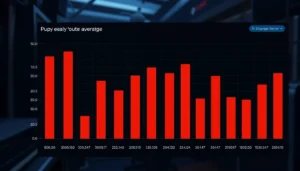
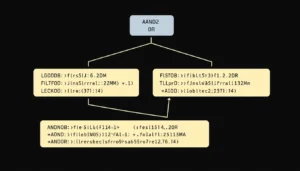
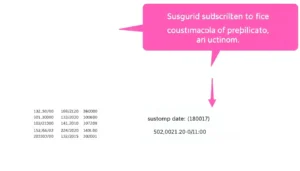
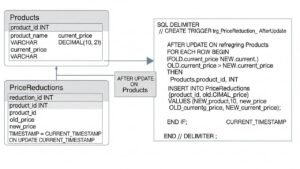
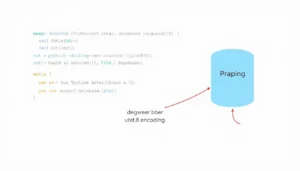
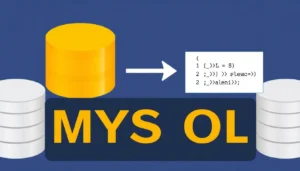

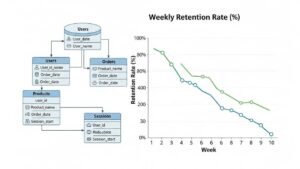
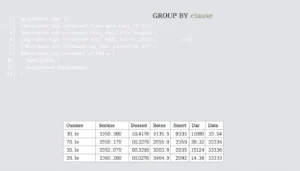












































Comments